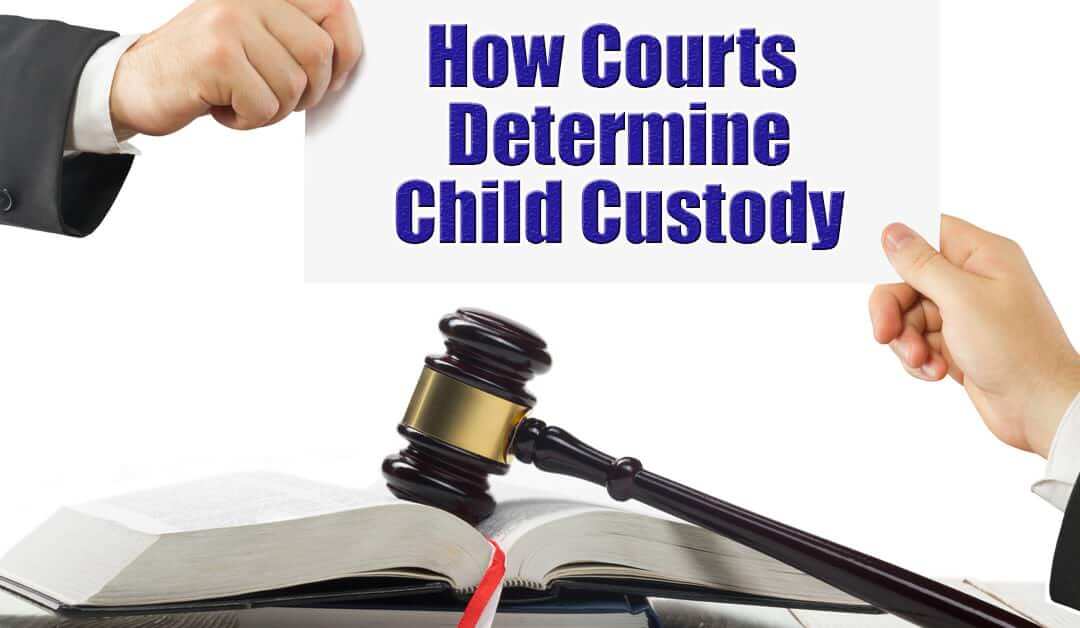

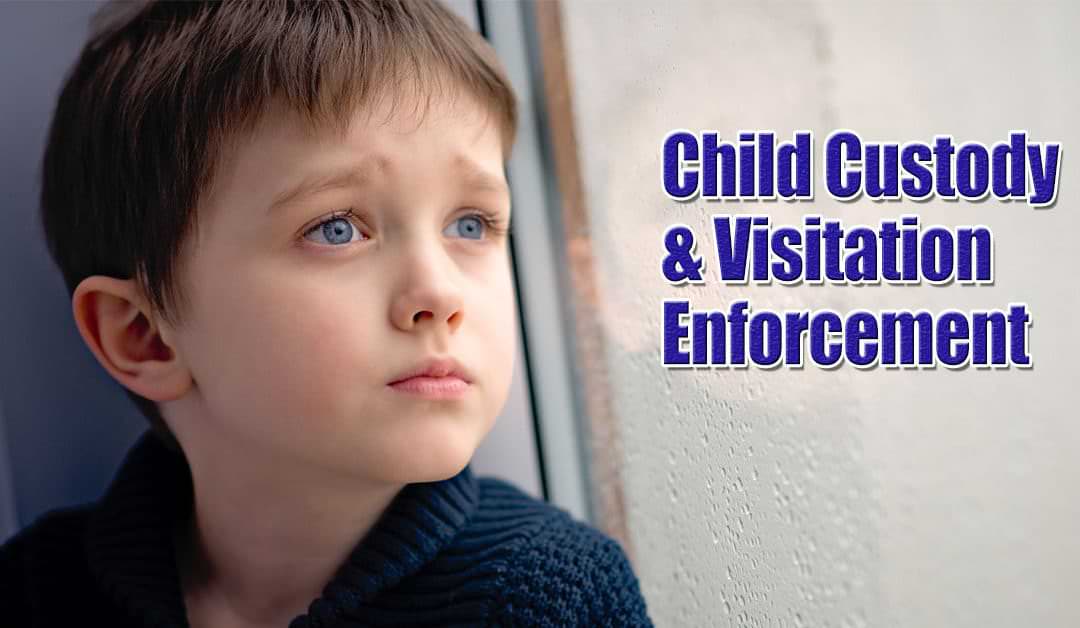
Long Island Child Custody Lawyer Explains How To Enforce Child Custody and Visitation Orders in New York
As a Long Island Child Custody Lawyer, Divorce and Family Law Attorney, I know it’s no secret to most people in Suffolk and Nassau that child custody and visitation are at the forefront of most parents’ concerns in the event of a divorce or legal separation....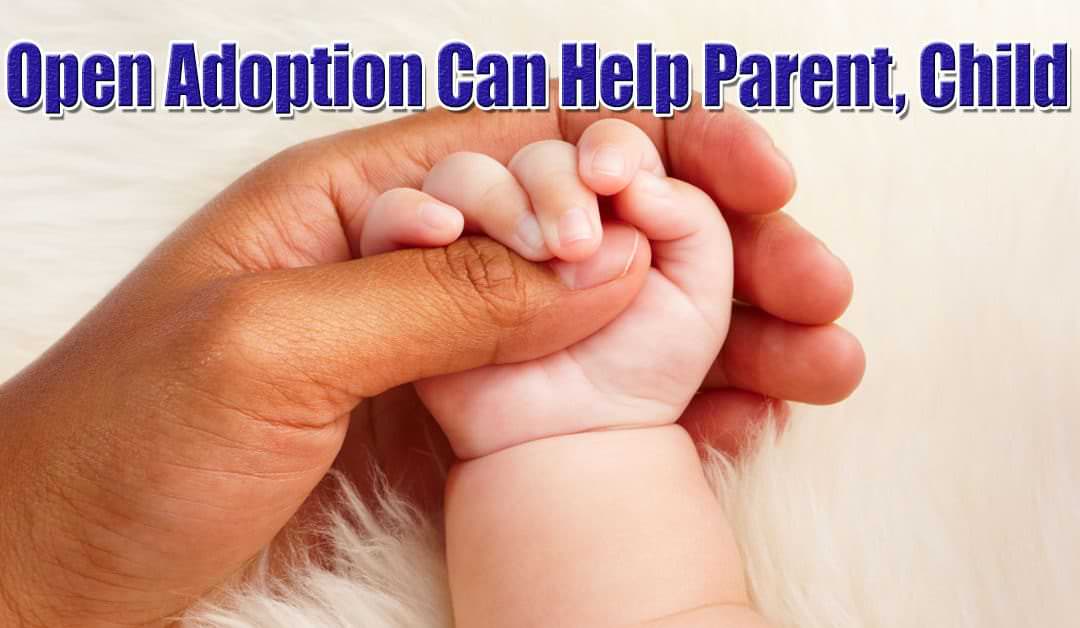
Long Island Family Law Attorney Says Open Adoption Can Help Parents & Children
As an experienced Long Island family law attorney, I have helped many parents through the emotional experience of giving their child up for adoption as well as helping couples to adopt a child. (more…)
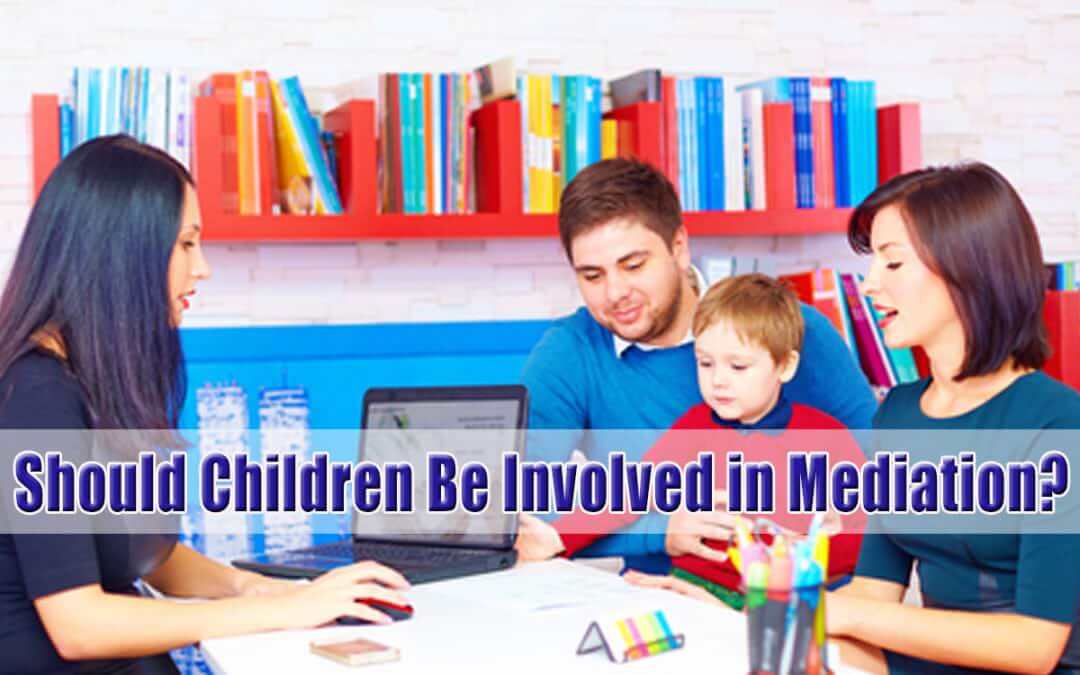
Long Island Divorce Mediator Suggests Including Children in Mediation Helps in Nassau County, Suffolk County
As a divorce mediator on Long Island, I see every day how divorce mediation works to help parents work out child custody and visitation plans that puts the needs of their children first. (more…)
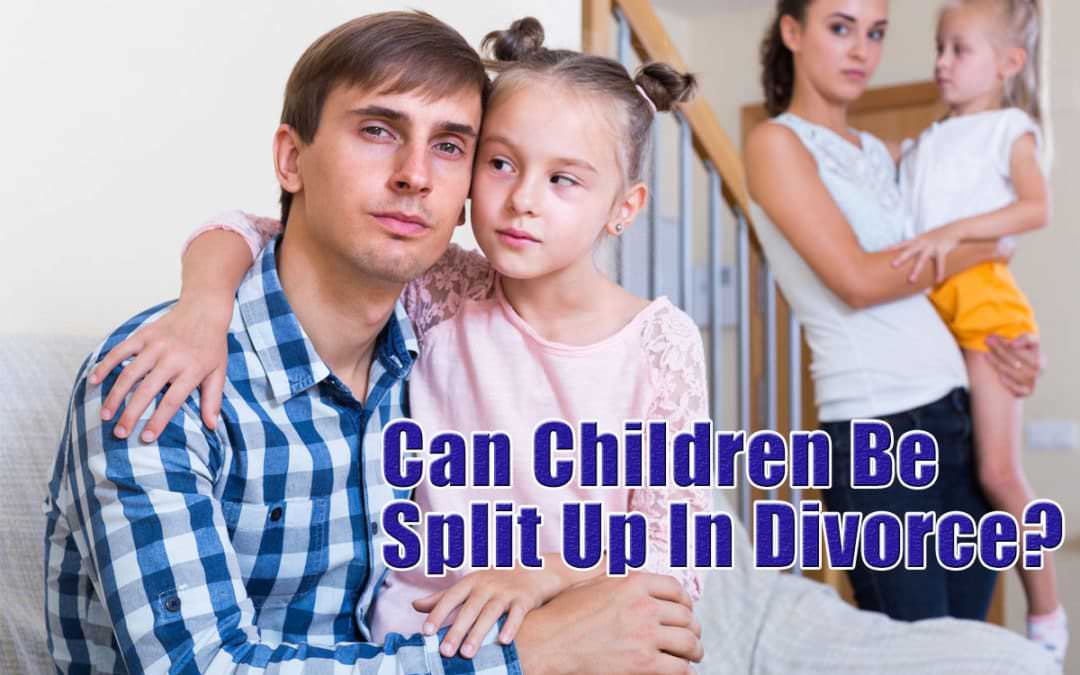
Long Island Divorce Attorney Says Courts Can Split Up Children Between Parents
Can Siblings Be Separated from One Another When Parents Divorce?
As a Long Island divorce attorney, I’ve seen occasions where, when parents are divorcing, the children have different opinions about which parent they want to live with after the divorce. (more…)

Long Island Child Custody Attorney Offers Relocation Advice in Nassau County, Suffolk County
Parent Relocation and Child Custody in New York
As a Long Island Child Custody Attorney practicing in Nassau County and Suffolk County, NY, I see first-hand how when one divorced parent wishes to relocate, it is often a source of great stress to both the children and parents alike. (more…)

Long Island Child Custody Lawyer Explains How To Modify Child Custody
As a Long Island child custody lawyer I see many clients who wish to modify their child custody orders for one reason or another. Modification of a child custody agreement is possible, although in Nassau County and Suffolk County it is no simple task.
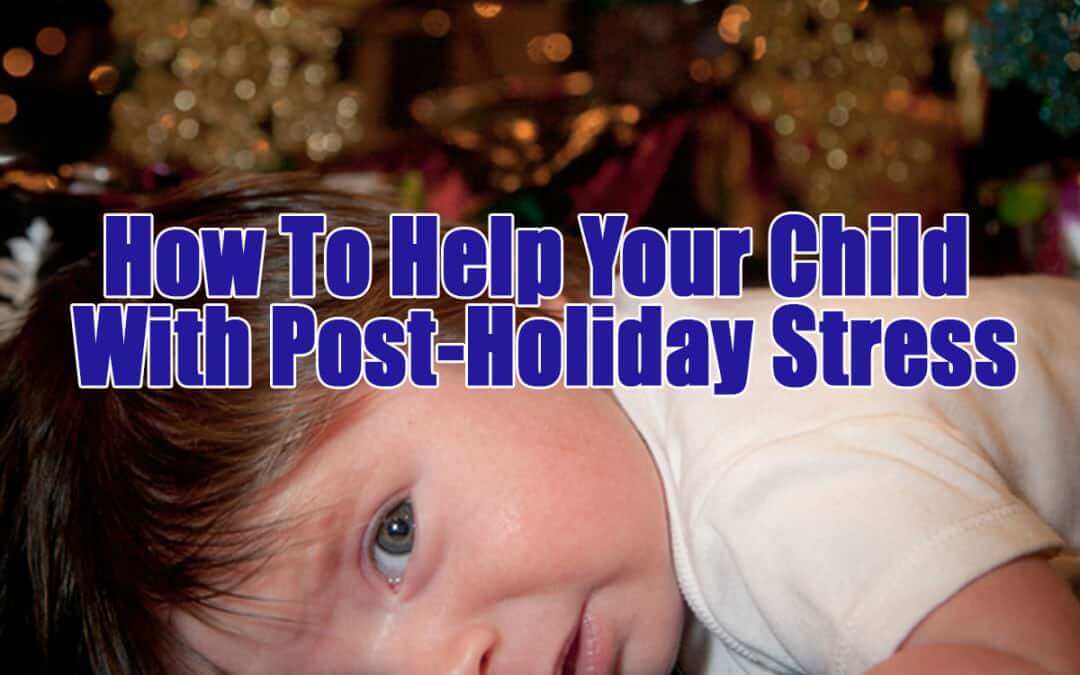
Long Island Child Custody Lawyer Addresses Children’s Post-Holiday Stress Issues
Putting the Children First After Divorce
As a Long Island child custody lawyer and divorce attorney, I’m seeing that now that the Holiday season is officially over and we’re back to our more normal routines, many Nassau and Suffolk residents are breathing a sigh of relief instead of feeling a residual sense of joy. Children of divorce, especially, might find that the abundance of gifts, parties and desserts does not quite feel so fulfilling in the midst of family stress. Even if divorced parents (or families) are not openly arguing or criticizing, the undertones of the problems that led to the divorce in the first place often quietly continue throughout the growth and development of the children of divorce.
Adjusting to Major Events After Divorce Takes Time
For any family member involved in a divorce, learning to adjust to day-to-day life is no easy task, and the holidays only increase the challenge. For young children of divorced parents, the level of holiday stress of the holidays is often highly underestimated by the parents. These children are asked to split the holiday festivities between their parents and their two, separate families, and must often hear about their parents’ tensions or disputes about which days are spent with which parents, the precise pick-up and drop-off times, and other details along the way.
Holidays Often Increase Children’s Stress Levels
The holidays only exacerbate the already existing stress within a divorced family, and children are particularly sensitive to the rifts caused by the divorce. If you suspect that your children had a tough holiday season due to your divorce, it is not too late for you to address and validate your children’s feelings and concerns. It is also important to evaluate what, if any, role you might have played in contributing to your child’s feelings of stress, and how you might begin to ameliorate the effects and make changes in the New Year.
Unresolved Child Custody & Visitation Make Things Worse for Children
Especially for families with unresolved child custody and visitation issues, it is crucial that parents learn to communicate with one another in respectful and compassionate manner. Putting the children first during and after divorce means putting aside the anger, hurt, betrayal, and sadness that are directed at the other parent. The emotional needs of your children are far more important at this point, as children going through this process are sensitive and impressionable. Remember that the arguments, criticism, and guilt tripping can have long-term impact on childhood development. Unless there are real safety issues involved, make it a priority to encourage your child’s relationships with both parents. Your child should not have to feel guilty for loving or being with his other parent.
Guidelines to Help Your Children Through Your Divorce
Parents should commit to working through their own anger and control issues, as this will benefit their children greatly in the long run. Professional counseling can be a great tool for both parents and children involved in a divorce. Here are some other guidelines to follow if you are concerned about how your divorce is affecting your children:
- Do not speak ill of your ex to or in front of your children.
This includes eye rolling, other gestures or remarks, or expression of disinterest in things your child wants to tell you about time spent with the other parent. In fact, you should encourage your child to openly talk to you about time spent at the other house. Keep in mind that if you brush off any discussion that mentions the other parent, you are effectively showing your child you do not want to hear about a big portion of your child’s life. - Do not make the children responsible for any form of communication between parents.
Unpleasant as it may be for you, it is your job to make all scheduling and arrangements with your ex. Don’t leave the footwork to your child, who may end up absorbing the emotional reactions from each side. - Never discuss money with your children as it relates to your ex.
Do not discuss child support or who pays for what. This is an emotionally charged issue, and the children should not have to be concerned with it. - Do not cause your children feel guilty for being away from you.
As much as you want to be honest with your children, they do not need to bear the emotional weight of knowing your every feeling and concern. Be mindful of how much you share with your children regarding your own emotional struggles, and how much it affects them.
Make a New Year’s Resolution to Keep Your Children Safe From Your Divorce
Among the New Year’s Resolutions you may have made for yourself, consider committing to these guidelines as much as you can. By doing so, you can give your children the freedom to feel safe and happy wherever they are. Divorce is difficult on the children even without the emotional issues between parents. Recovering from a difficult divorce can be a long and difficult process, but with self-awareness and attentive parenting, the bonds between family members can be strengthened rather than worn down.
Questions About Child Custody and Visitation on Long Island?
To learn more about what you need to know about Child Custody on Long Island, visit this page on Child Custody or contact us at 631-923-1910 for a complimentary consultation
Speak to an Experienced Child Custody Lawyer About Your Child Support, Child Custody or Visitation
If you have questions about a child support, custody, or visitation issue, and are not sure how to best proceed, contact the Law Office of Robert E. Hornberger, P.C. for a free consultation with a premier Long Island family lawyer and divorce attorney.
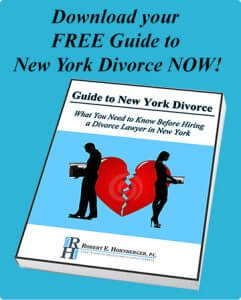 Download our Free New York Divorce Guide
Download our Free New York Divorce Guide
Our 41-page “Guide to New York Divorce: What You Need to Know Before Hiring a Divorce Lawyer in New York” written by an experienced family law lawyer Long Island’s Robert E. Hornberger, Esq., provides you with real information on the divorce process and the laws it rests upon in the state of New York. This book will help give you a solid foundation upon which you can begin the process of making your family’s, life better. Download your Free Guide to New York Divorce here.
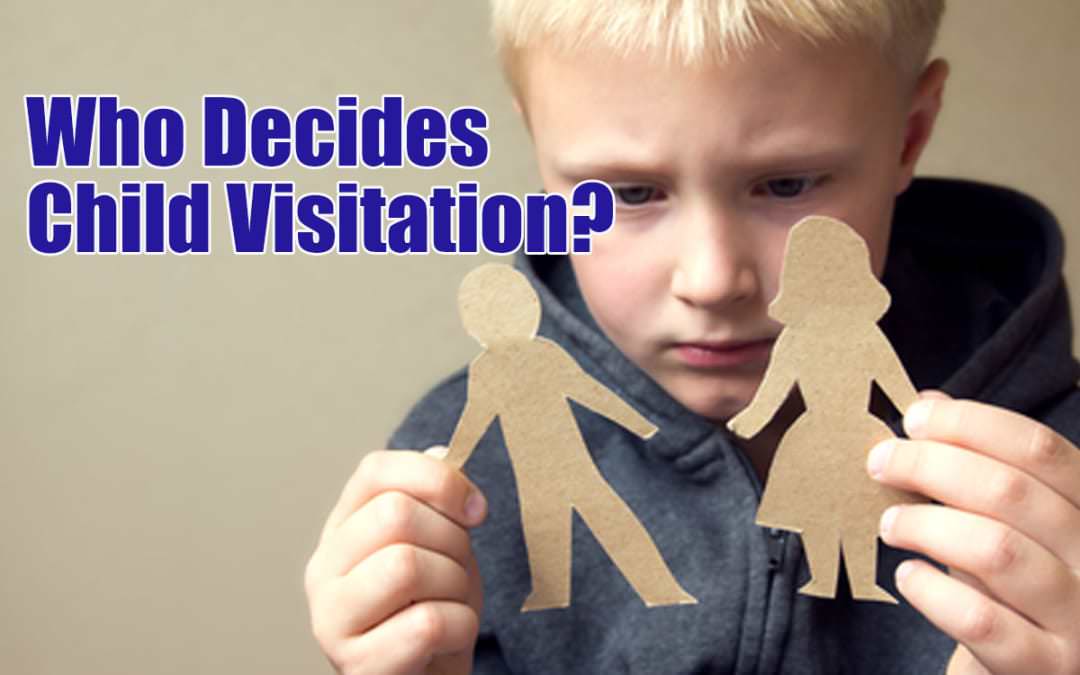
Long Island Child Custody Attorney Offers Child Visitation Help in Nassau County, Suffolk County
As a Family Law and Child Custody Attorney practicing on Long Island, I see that many divorcing parents in Nassau County and Suffolk County have questions about their rights to visitation with their children after divorce.
Arrangements for child custody and visitation can be one of the most difficult agreements for divorcing parents to make, but coming to a private agreement about visitation rather than making the courts decide can result in better outcomes for the children and parents. Parents can avoid the time, cost, and stress of litigating child visitation issues by trying to put differences aside in order to come to a private agreement. Courts in Nassau County and Suffolk County on Long Island are governed by New York state law, which is designed to encourage parents to work together whenever possible to create an amicable environment for the children.
If You Can’t Agree on Child Visitation Schedules, Nassau County or Suffolk County Supreme or Family Courts Will Decide For You
When divorced or separated parents cannot come to a private agreement about child custody and visitation, a court in Nassau County or Suffolk County will likely issue a custody and visitation order, which can include a detailed visitation schedule. When one parent is granted full or sole custody of a child or children, the noncustodial parent is often entitled to visitation with the child. The visitation schedule crafted by the court will consider the schedules and locations of the parents and children, and will keep the best interests of the child in mind, as well as the best interests of the family as a whole.
Child Visitation on Long Island Is Not Just Every Other Weekend
You should be aware that in Nassau County and Suffolk County, visitation arrangements are no longer confined to an “every-other-weekend” schedule as many parents may believe. Presently, many noncustodial parents are awarded weekly weeknight and weekend visitation, which is arranged based upon the schedules of both parents as well as the child’s or children’s activities.
When issuing a visitation order, courts have the discretion to allow parents to work out the schedules on their own, or to impose specific dates and times for visitation, including pickup and return times and locations, holiday arrangements, and where the children may or may not travel during visits. When the parents can get along well enough to work out details between one another so that they can accommodate everyone’s schedules and locations, courts will likely allow the parents to arrange the details privately. When a divorce is not amicable and parents cannot seem to agree on any point, the court will clearly define the terms of the agreement so that there is no ambiguity and less room for manipulation or argument.
The Child or Children Have Input on their Visitation on Long Island
The wishes of minor children will be taken into account, and more weight is given to the wishes of older children. Nassau County and Suffolk County Courts will try to accommodate the children’s wishes in most cases; however, the court will also consider the influences on the child’s wishes as well as the maturity level of the child.
Visitation Can Be Withheld by Nassau County or Suffolk County Supreme or Family Courts
In some cases, noncustodial parents will not be entitled to visitation. Cases in which there is abuse, neglect, or abandonment can result in a withholding of visitation rights, or in extreme cases, a termination of parental rights. As the bottom line for the courts is the best interests of the child, any visitation that could be emotionally or physically damaging to the child is unlikely to be ordered by the court. Visitation may be withheld from parents who are abusive, or who struggle with drug or alcohol addiction (especially if they refuse treatment), emotional volatility, or a propensity to disregard court orders.
Child Visitation is Decided by Nassau County or Suffolk County Family Court or Supreme Court
Visitation petitions can be filed in the Family Court or the Supreme Court in order to ask the court for an initial order of visitation, or to request modification of an existing order. Child custody and visitation orders can be included in the divorce or separation agreement, or can be made by a separate order of the court. Custody or visitation may also be modified by the court upon the petition of a parent if circumstantial changes have occurred that warrant a change in the custody or visitation arrangements. For example, if a parent’s work schedule has changed, or if a parent is relocating, courts may find that a significant change in circumstances has occurred that makes modification necessary. Finally, if a visitation order is being violated, a parent can file a violation petition in order to address the violation. In response, the court will use its discretion and may terminate or reduce visitation rights.
Questions About Child Custody and Visitation on Long Island?
See this page to learn everything you need to know about Child Custody and Visitation on Long Island.
To learn more about what you need to know about Child Custody on Long Island, visit this page on Child Custody or contact us at 631-923-1910 for a complimentary consultation.
Contact Long Island Child Custody Attorney for Help With Child Visitation and Child Custody in Nassau County and Suffolk County
Child custody and visitation is one of the most sensitive issues in the divorce or separation process in Nassau County and Suffolk County, NY. Confide in a trusted Long Island Child Custody Lawyer and Family Law attorney and to address your family’s unique circumstances and needs in order to ensure the best possible outcome for your children and family. If you have questions about your visitation rights in Nassau County, Suffolk County, or the five boroughs of New York City, contact the Family Law Office of Hornberger Verbitsky, P.C. at 631-923-1910 for a free, confidential consultation.
Download our Free New York Divorce Guide
 Our 41-page “Guide to New York Divorce: What You Need to Know Before Hiring a Divorce Lawyer in New York” written by an experienced family law lawyer Long Island’s Robert E. Hornberger, Esq., provides you with real information on the divorce process and the laws it rests upon in the state of New York. This book will help give you a solid foundation upon which you can begin the process of making your family’s, life better. Download your Free Guide to New York Divorce here.
Our 41-page “Guide to New York Divorce: What You Need to Know Before Hiring a Divorce Lawyer in New York” written by an experienced family law lawyer Long Island’s Robert E. Hornberger, Esq., provides you with real information on the divorce process and the laws it rests upon in the state of New York. This book will help give you a solid foundation upon which you can begin the process of making your family’s, life better. Download your Free Guide to New York Divorce here.
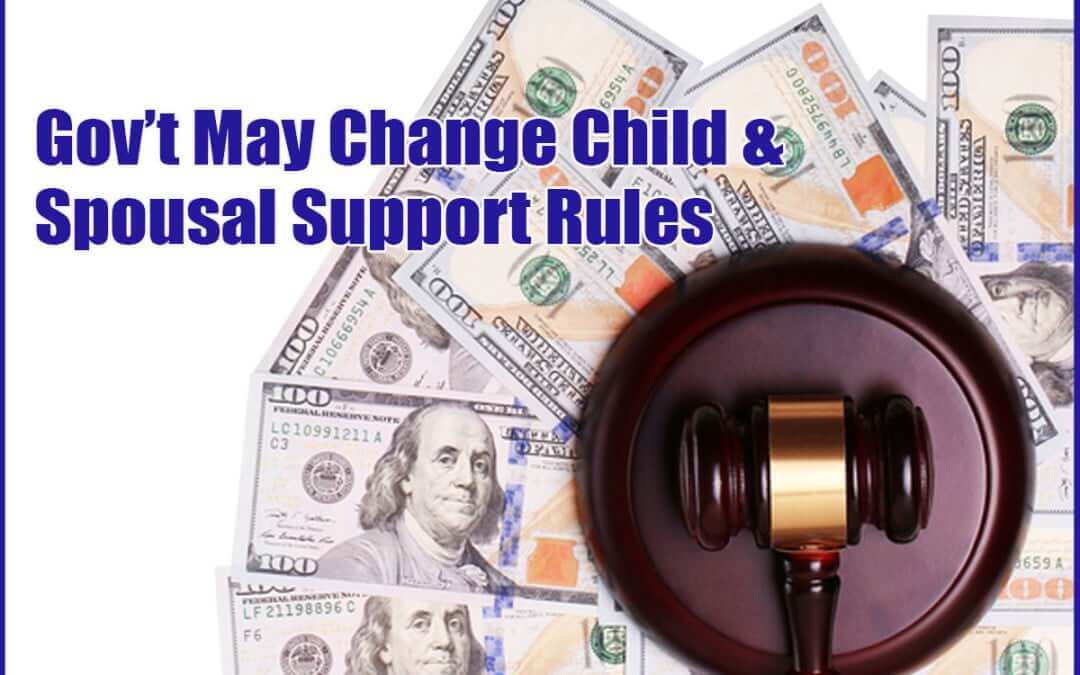
Divorce & Family Law Attorney on Long Island Says New Bill Dramatically Effects Support for Families in Nassau County & Suffolk County
As a Family Law Attorney and Divorce Lawyer practicing on Long Island, it is critical that I stay abreast of any potential new legislation that may affect my clients’ cases in Nassau County or Suffolk County Court.
One piece of new legislation that could dramatically affect my clients is Assembly Bill A7645. This new bill would significantly change the Spousal Support (AKA Alimony) as well as Child Support for families throughout Long Island.
The bill that has been passed in the New York State Legislature awaits the signature of Governor Cuomo to take effect. Assembly Bill A7645 sets forth guidelines for determining the appropriate amount and duration of both temporary and post-divorce spousal support, and will amend the Family Court Act (FCA) and Domestic Relations Law (DRL) in this regard. At present, the court must determine the level of spousal support based upon certain factors enumerated in the DRL. The enactment of Bill A07645 would provide specific formulas that will reduce the amount of court discretion involved in the determination of spousal support.
The new bill consists of new formulas for calculation of spousal support for both temporary and post-divorce maintenance, among other changes regarding modification and termination of support, which are outlined in some detail below.
Calculating Spousal Maintenance
Assembly Bill A7645 establishes specific formulas for calculating spousal support. The method of calculation will be different depending upon whether the paying spouse is also the noncustodial parent and will be ordered to pay child support, or if there are no children or the paying spouse is the custodial parent and therefore will not be required to pay child support.
Temporary Maintenance
In particular, the bill provides formulas for determining “temporary maintenance,” the spousal maintenance that is required as the divorce is pending, and post-divorce maintenance. First, the income cap for temporary maintenance is changed from the current $543,000 to $175,000 of the payor’s (higher earning spouse’s) income. For the purposes of the formulas below, if the payor’s income is greater than $175,000, any amount higher than $175,000 will be a matter for the court’s discretion.
Formula for Divorces With Children
In cases where the payor is responsible for both spousal and child support, the formula is as follows:
“(i) subtract 25% of the maintenance payee’s income from 20% of the maintenance payor’s income;
“(ii) multiply the sum of the maintenance payor’s income and the maintenance payee’s income by 40% and subtract the maintenance payee’s income from the result;
“(iii) the lower of the two amounts will be the guideline amount of maintenance.”
When a payor is responsible for both spousal support and child support, spousal support will be calculated first using this formula. After subtracting the amount of spousal maintenance that will be paid, child support is calculated by using the income of the payor minus the spousal maintenance paid, and the income of the payee including the spousal maintenance received.
Formula for Divorces Without Children
In cases where there are no children, or where the higher earning spouse is the custodial parent, the steps for calculating spousal support are as follows:
“(i) subtract 20% of the maintenance payee’s income from 30% of the maintenance payor’s income;
“(ii) multiply the sum of the maintenance payor’s income and the maintenance payee’s income by 40% and subtract the maintenance payee’s income from the result;
“(iii) the lower of the two amounts will be the guideline amount of maintenance.”
The formulas presented by the bill provide some level of predictability for couples with moderate to low incomes. There will be less court discretion involved in determining the amount of spousal maintenance when the amount of income for the higher earning spouse is at or below the $175,000 cap. However, courts will be permitted to consider certain additional factors in certain cases in order to prevent injustice. If courts choose to use such discretion, they must set forth the particular factors or circumstances in the decision. Additional factors might include termination of a child support award, actual, partial, or anticipated retirement, and income or imputed income on assets being equitably distributed. These factors may affect the amount or duration of support.
New Guidelines for Temporary & Post Divorce Maintenance
In addition to the numerical formulas above, the bill provides other new and important considerations for temporary or post-divorce maintenance. For calculating temporary maintenance, courts may allocate responsibility for certain family expenses while the divorce is pending. For post-divorce maintenance, courts now must also consider the income derived from any income-producing property that will be equitably distributed upon divorce. Finally, actual or partial retirement resulting in a considerable decrease in income must be considered as a grounds for modification of a spousal support order.
Calculating Duration of Post-Divorce Support
The bill also provides judges with suggested ranges for the duration of maintenance awards, which applies to post-divorce maintenance only. The ranges depend upon how long the marriage lasted.
For marriages of zero to 15 years, maintenance would be awarded for 15% to 30% of the length of the marriage.
For marriages of more than 15 up to 20 years, maintenance would be awarded for 30% to 40% of the length of the marriage.
For marriages of more than 20 years, maintenance would be awarded for 35% to 50% of the length of the marriage.
However, the court retains discretion to award post-divorce maintenance without limit as to duration in appropriate cases.
Other Notable Changes
The bill eliminates “enhanced earning capacity” such as a degree, professional license, celebrity goodwill, or career enhancement, earned by a spouse as a marital asset. These “enhancements” will no longer be considered an asset for the purpose of distribution of marital assets. The bill also amends DRL Section 248 (Modification of Judgment or order in action for divorce or annulment) to make it gender neutral, so that it will also apply to married couples of the same sex.
The bill awaits approval from Governor Cuomo in order to become law. The formulas will become effective 120 days after the bill becomes law, and will not apply to existing judgments or agreements.
Contact An Experienced Long Island Family Law Attorney to Learn How the Latest Legislation May Effect Your Divorce on Long Island
For more information about how this new bill might affect your divorce, or any other area of divorce or family law on Long Island, contact the Family Law offices of Hornberger Verbitsky, P.C. at 631-923-1910 for a complimentary consultation.
NOTES:
1. The bill can be found at: http://www.nysenate.gov/legislation/bills/2015/A7645. The Sponsor’s Memo can be found at http://assembly.state.ny.us/leg/?default_fld=&bn=A7645&term=2015&Memo=Y.
2. The terms “paying spouse,” “higher earning spouse,” and “payor” are used interchangeably in this memorandum. These terms are used to describe the spouse with the greater income, who is therefore the spouse responsible for paying support.
Download our Free New York Divorce Guide
Our 41-page “Guide to New York Divorce: What You Need to Know Before Hiring a Divorce Lawyer in New York” written by an experienced family law attorney Long Island’s Robert E. Hornberger, Esq., provides you with real information on the divorce process and the laws it rests upon in the state of New York. This book will help give you a solid foundation upon which you can begin the process of making your family’s, life better. Download your Free Guide to New York Divorce here.












